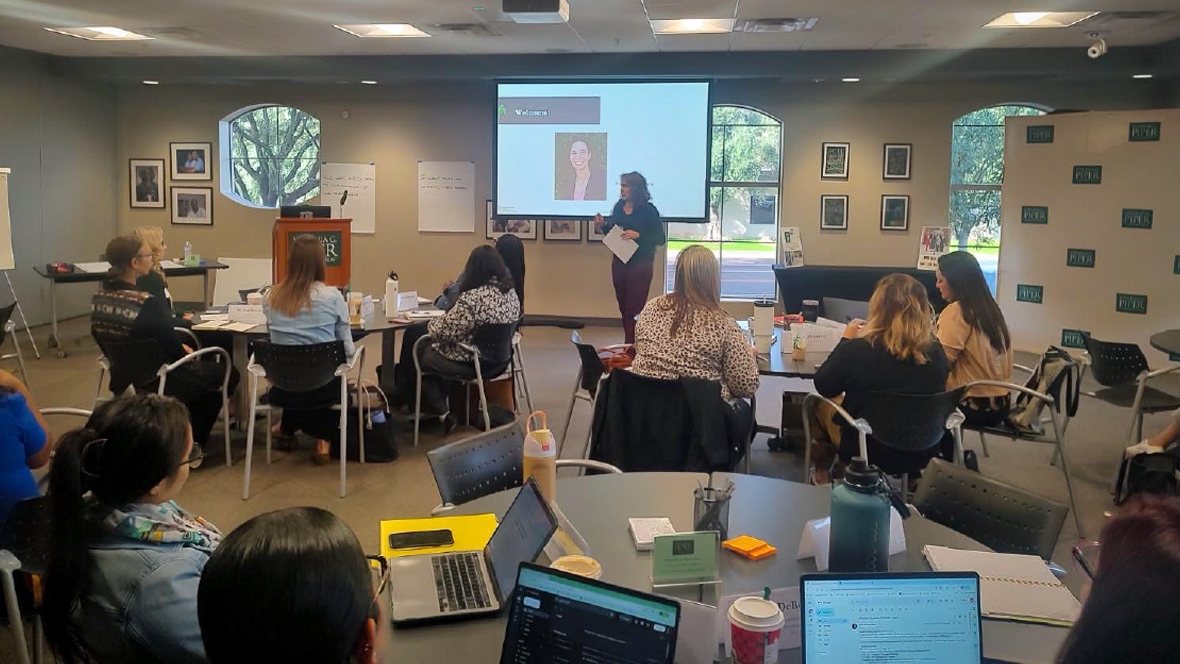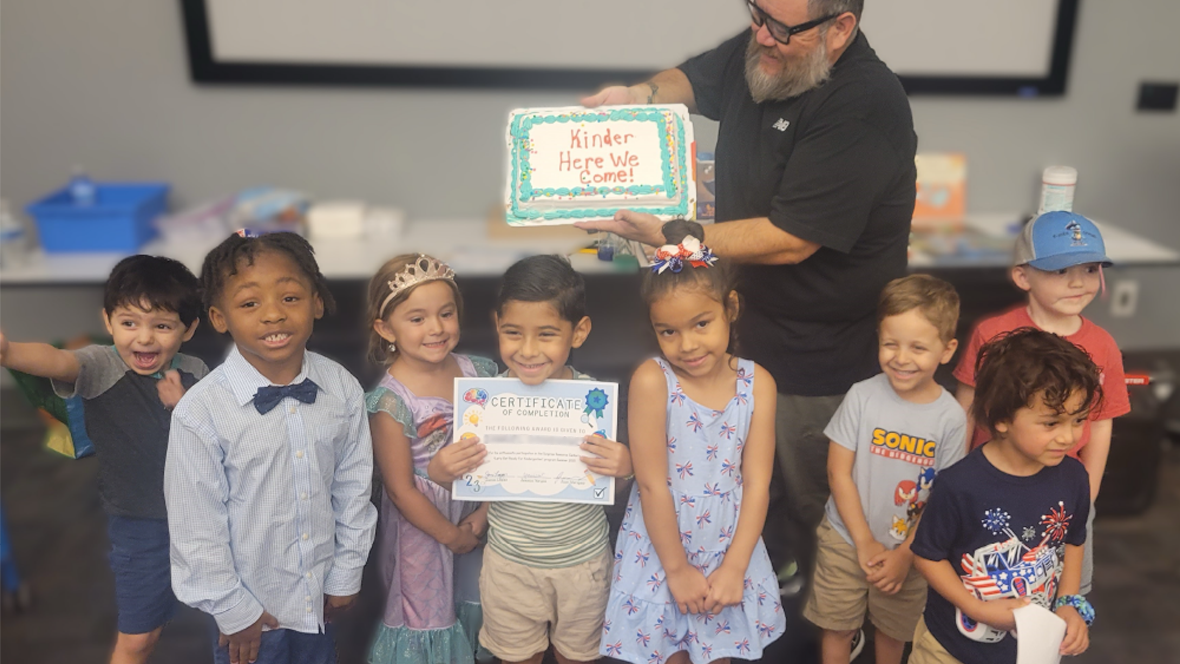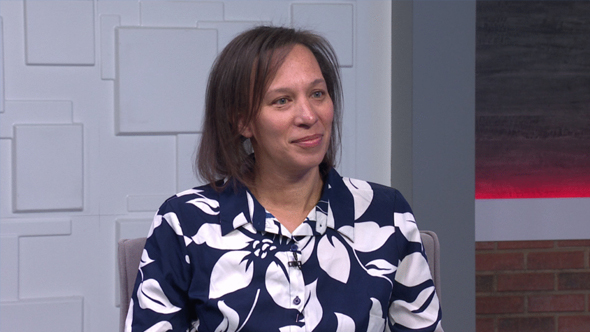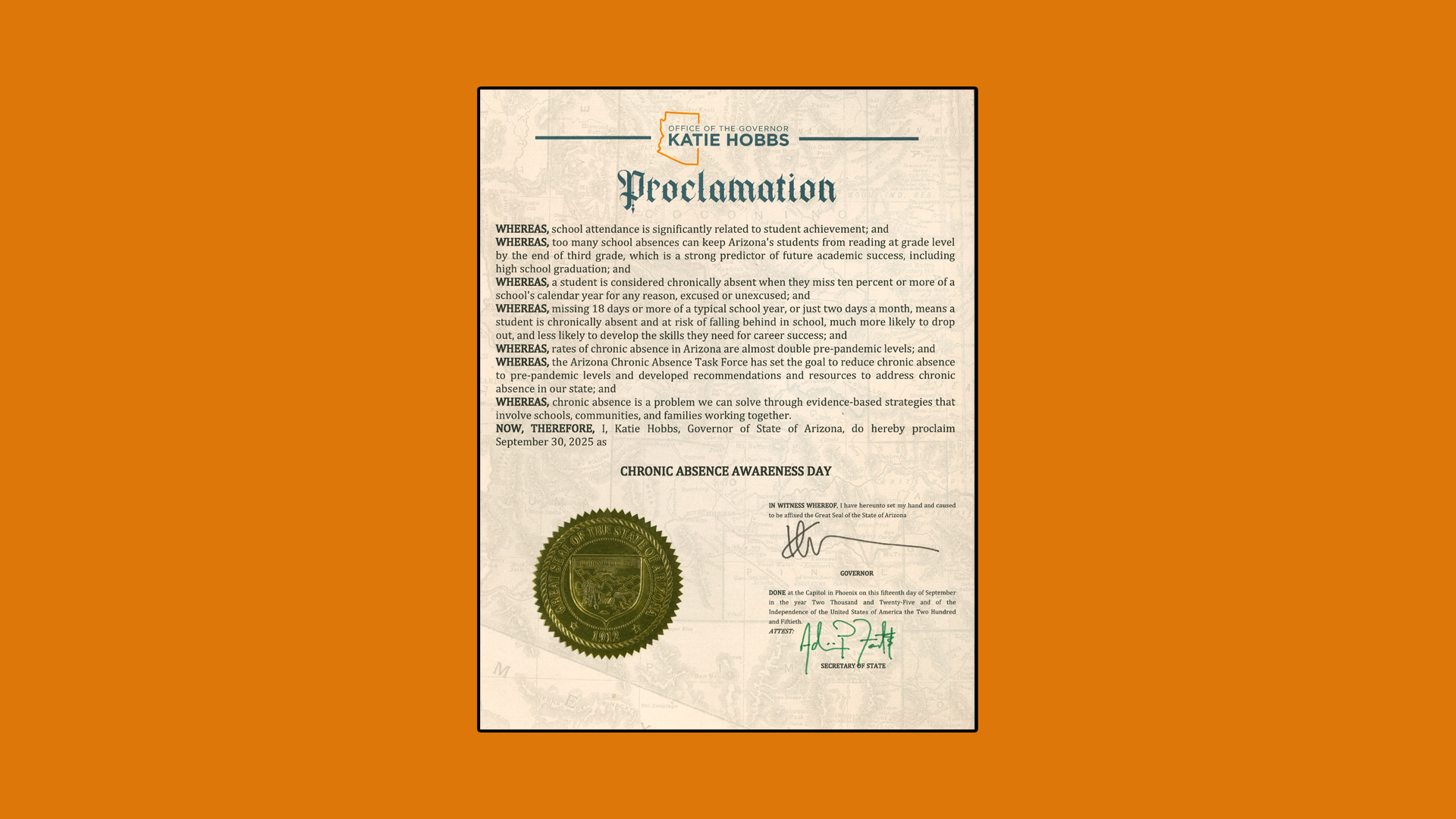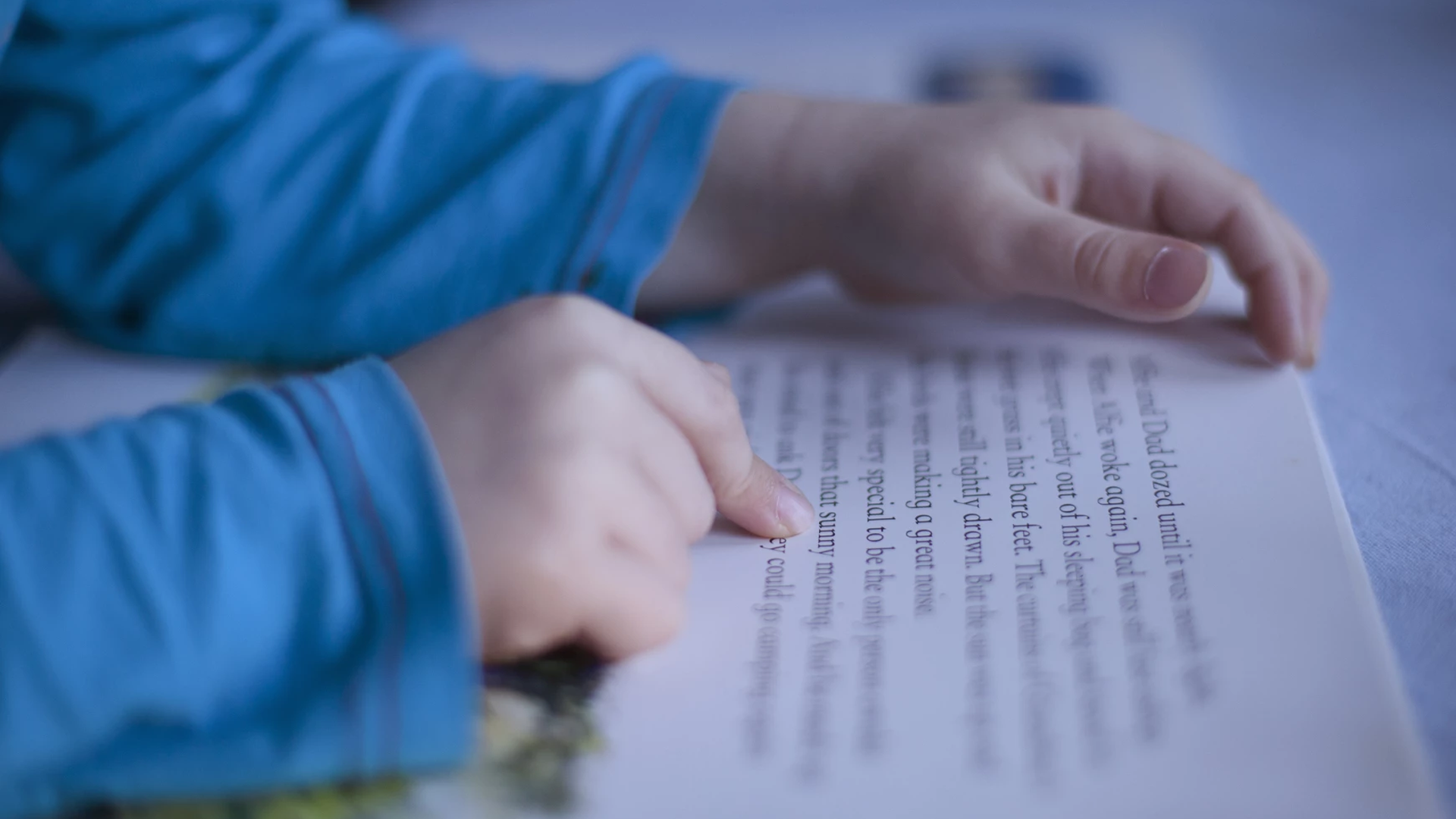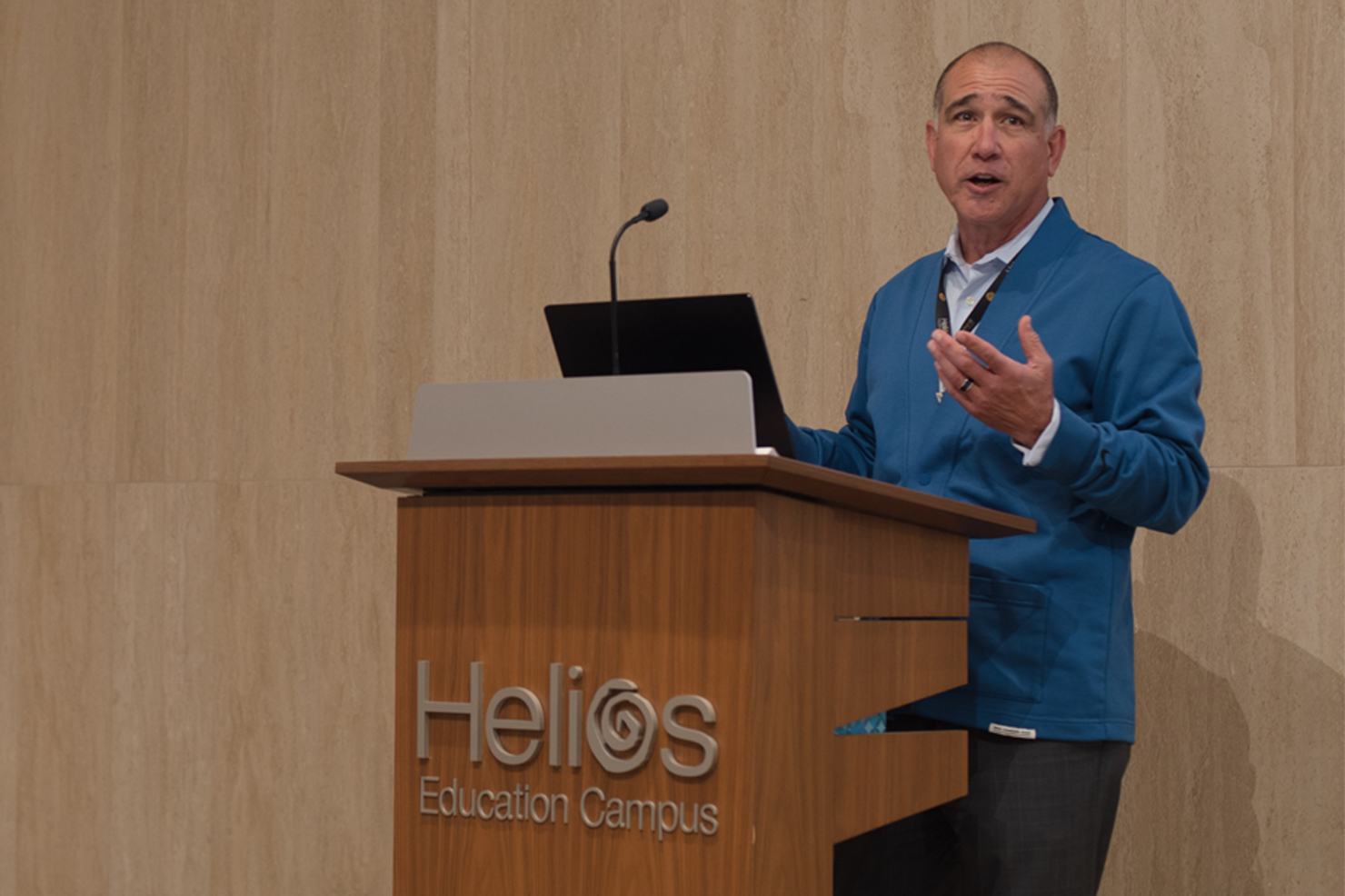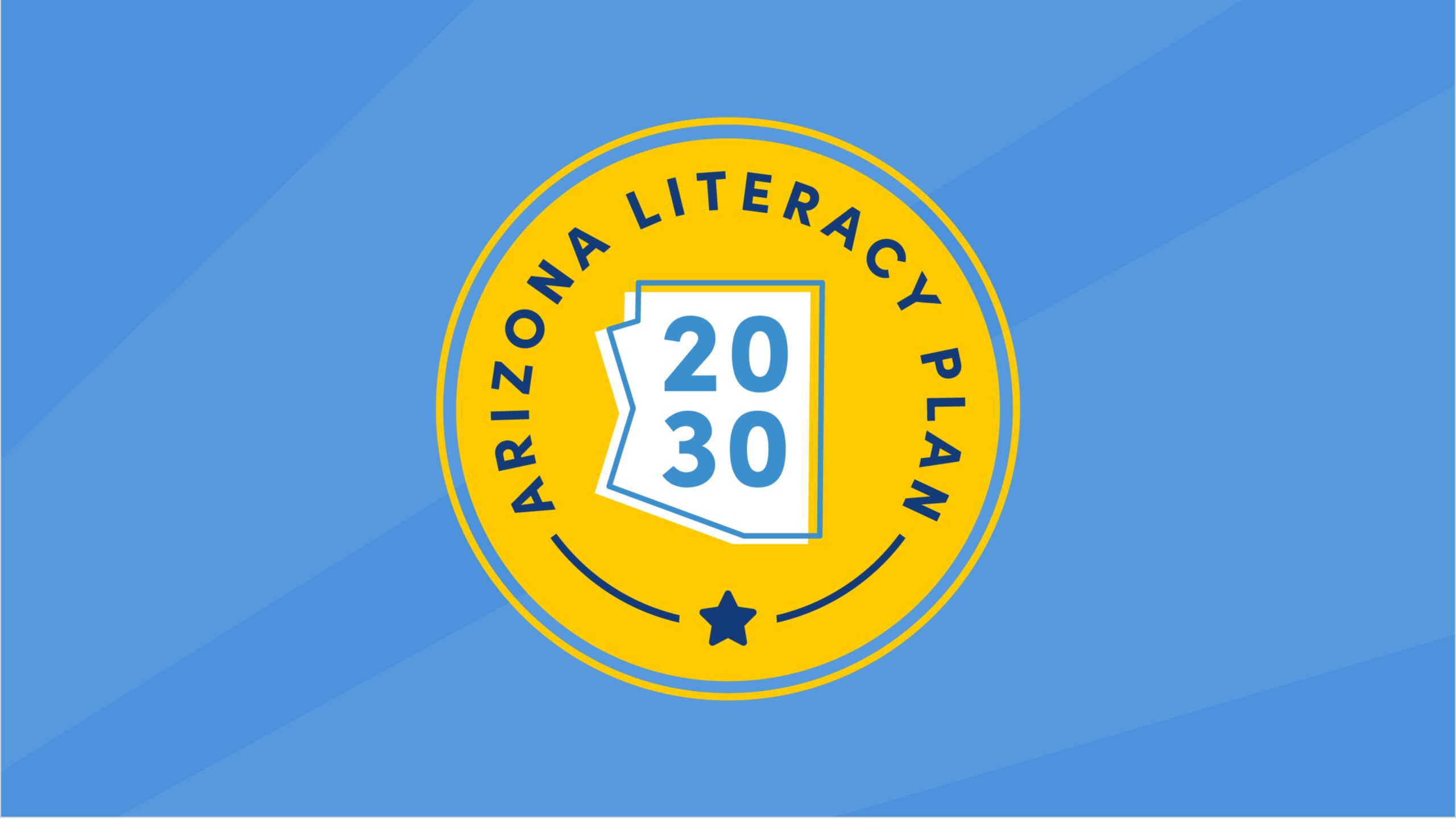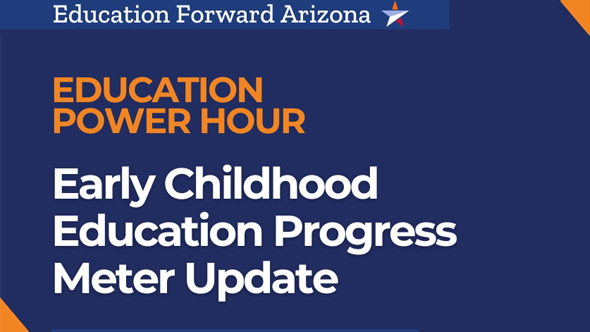July 16, 2018
Partners
For many children, summer break is long enough that they'll start to forget what they learned during the school year, educators say.
So education advocates around Arizona are working to fight the so-called summer slide.
About 19,000 children are participating in summer reading programs through Phoenix Public Library so far this season.
Wendy Resnik, the library's children and teen services coordinator, says keeping children reading and learning during summer months is critical to their long-term success in school.
"They'll come out of second grade reading like a second grader, but drop maybe four to six month’s worth of skill and start third grade as if they were only halfway through second grade,” she relates. “Then that accumulates, so by the time they're in fifth grade they're still reading like a third grader."
Phoenix Public Library has summer programming for children from infancy through age 17, as well as reading programs for adults.
The library encourages children to read at least 20 minutes per day during the summer. It also offers opportunities to reduce library fines over the summer so children can access more resources.
The Arizona State Library and the nonprofit group Read On Arizona support dozens of similar summer reading programs around the state, offered for free through local libraries. Resources are listed at readonarizona.org.
Recent analysis by the Center for American Progress ranked Arizona among the least affordable states for children’s summer activities based on median incomes and child care costs.
Resnik says free library programs are important to ensure all children are able to continue learning when school's not in session.
"We have a reading crisis in Arizona,” she stresses. “We know that too few of our children at third grade are successful readers. But where the gap is huge is with the children in economically disadvantaged homes."
Resnik says children from wealthier families might have more books at home and might spend the summer visiting museums, or participating in educational-enrichment activities. But children from poorer families have a greater risk of falling behind over the summer.
